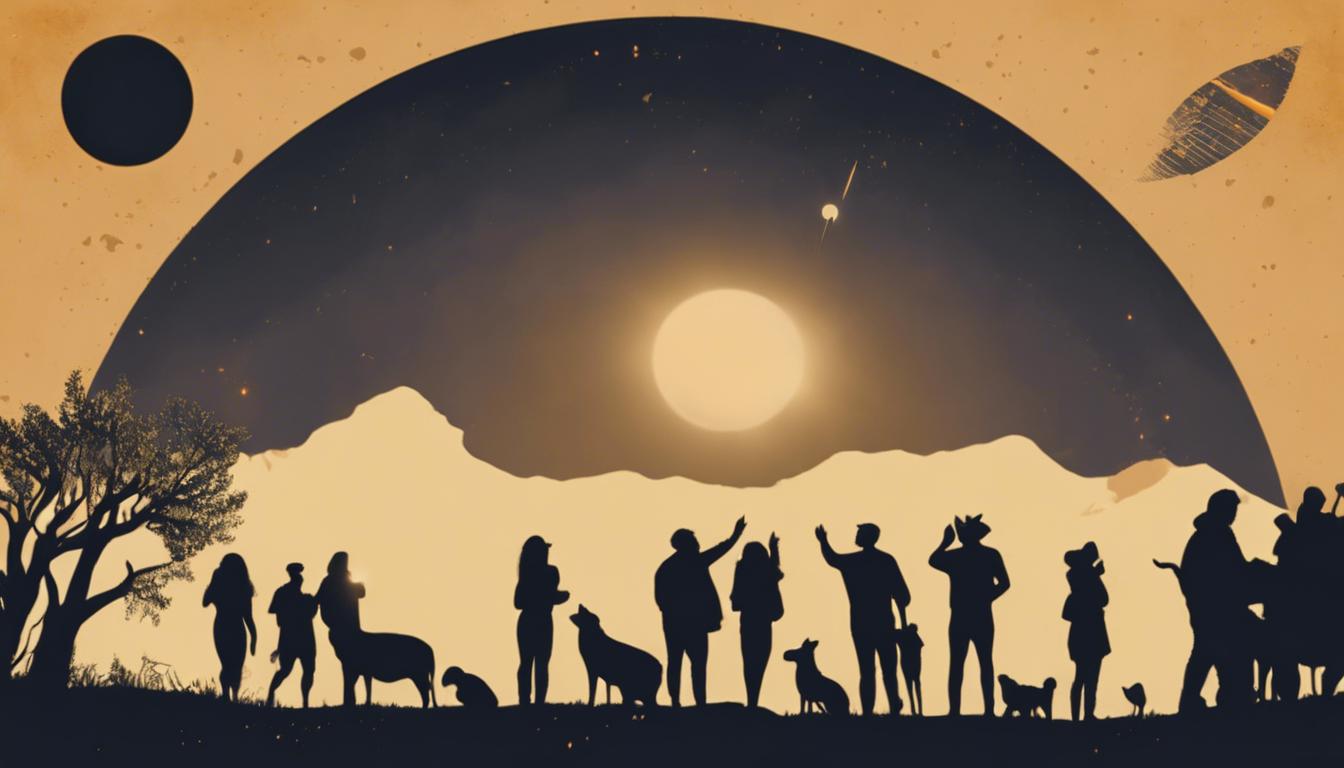Millions in North America are set to experience a rare total solar eclipse, sparking excitement and scientific studies on animal behavior. The event promises a unique blend of natural wonder and scientific exploration, as researchers aim to understand how animals react to the sudden midday darkness.
Millions of people across North America are gearing up to experience a rare total solar eclipse scheduled for Monday, with the path of totality spanning the Americas and promising up to four minutes of midday darkness in specific locations. This celestial event offers a unique opportunity for nearly everyone in North America to witness at least a partial eclipse. Despite potential cloud cover casting uncertainty over visibility in major metro areas, the excitement remains high. NASA advocates this event as a chance to witness the universe’s wonders close to home. Additionally, transatlantic passengers traveling between the UK and North America may glimpse the eclipse from the sky, albeit briefly. The phenomenon has also led to a surge in hotel rates within the eclipse’s prime viewing areas, drawing eclipse chasers worldwide to these locations.
Further enhancing the event’s intrigue, researchers and volunteers at various U.S. zoos plan to study animals’ reactions to the eclipse, building on observations from prior eclipses that noted unusual animal behaviors. North Carolina State University’s Professor Hartstone-Rose points out the significance of understanding animals’ circadian responses and anxiety-related behaviors during such events. Zoos in Fort Worth, Little Rock, Toledo, and Indianapolis are set to host special events enabling public involvement in observing animal reactions, with the aim of not only satisfying human curiosity but also aiding in the management of animal anxiety. This shared moment of natural wonder is anticipated to be a profound experience for both humans and animals alike, underscoring the vast and awe-inspiring nature of the cosmos.













